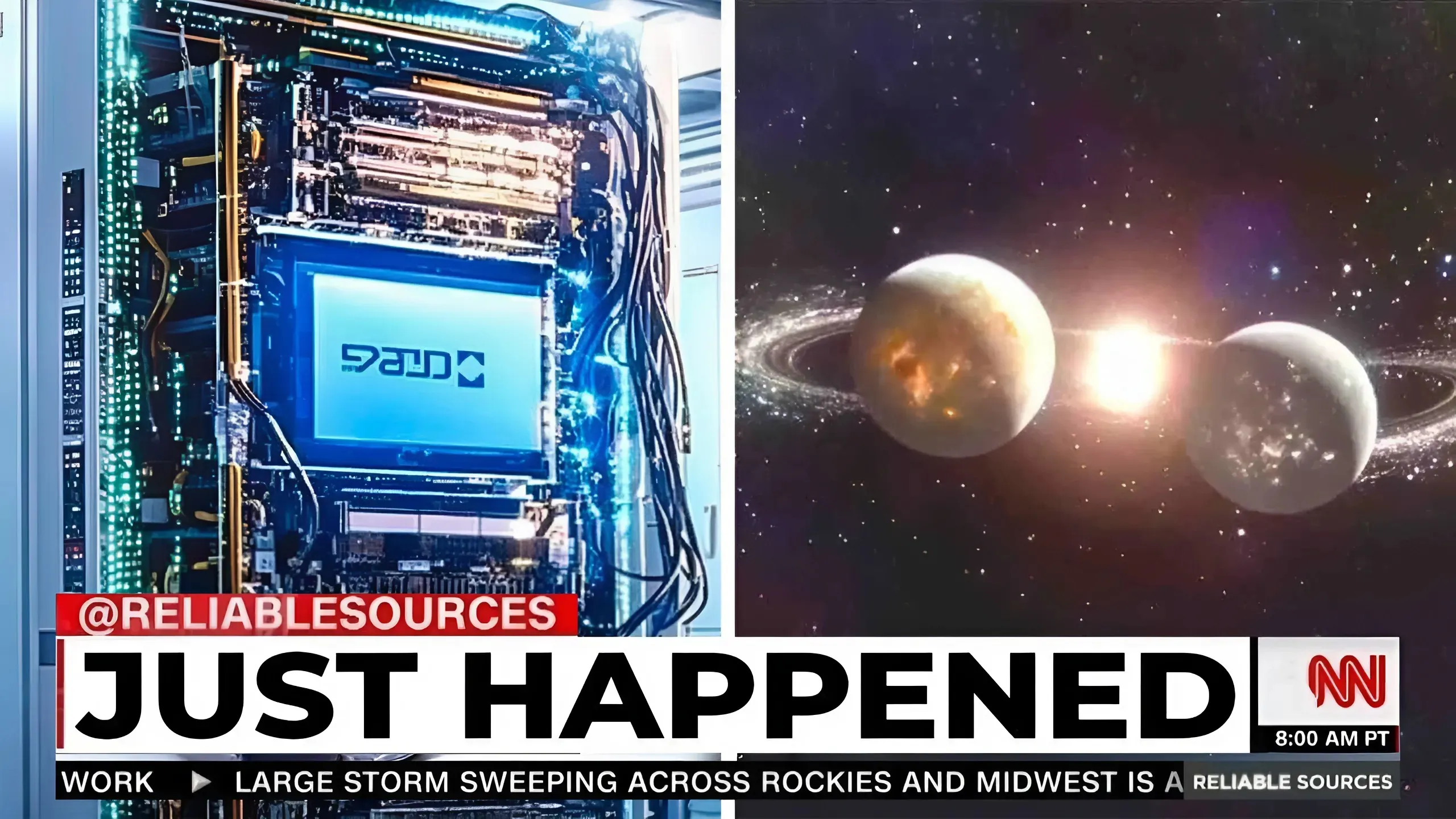For decades, Albert Einstein’s legacy has been synonymous with the most profound advancements in physics. His theories of relativity reshaped our understanding of space, time, and gravity, and his contributions to quantum mechanics—though reluctantly given—laid the foundation for the revolutionary field. However, Einstein’s skepticism toward quantum mechanics has long been known. His famous remark that “God does not play dice with the universe” underscored his discomfort with the probabilistic nature of quantum physics. But in the wake of quantum computing’s recent breakthroughs, it seems that physics itself is now proving Einstein wrong.
Quantum computers, unlike classical computers, leverage the principles of superposition and entanglement to perform calculations at an unprecedented scale. Traditional computers process information in binary bits (0s and 1s), while quantum computers use qubits, which can exist in multiple states simultaneously. This ability allows quantum computers to solve problems that would take classical supercomputers millions of years. But the most groundbreaking revelation? Quantum computing is actively challenging some of the core ideas that Einstein once held to be immutable.

One of the most striking developments in quantum computing is its confirmation of quantum entanglement—something Einstein famously derided as “spooky action at a distance.” This phenomenon, where two particles become instantaneously linked regardless of distance, defied Einstein’s belief in local realism, the idea that objects are only influenced by their immediate surroundings. In 2022, three scientists—Alain Aspect, John F. Clauser, and Anton Zeilinger—were awarded the Nobel Prize in Physics for their work in experimentally proving quantum entanglement, a direct contradiction to Einstein’s expectations. Now, quantum computers are not only proving entanglement’s reality but also harnessing it to perform calculations beyond the reach of classical physics.
Recently, Google’s Sycamore quantum processor achieved quantum supremacy—meaning it performed a task in minutes that would take classical supercomputers thousands of years. This breakthrough demonstrated that quantum mechanics is not just a theoretical framework but a tangible, applicable science that can revolutionize computation, materials science, cryptography, and even the fundamental understanding of the universe. Moreover, quantum computing is now enabling physicists to simulate complex quantum systems, something that was previously impossible. These simulations are helping scientists unlock new insights into particle physics, black holes, and even the origins of the universe itself.

One of the most mind-boggling aspects of these advancements is their potential implications for relativity. Einstein’s theories describe space-time as a smooth continuum, but quantum mechanics suggests that, at a microscopic level, space-time might be composed of discrete quanta. Some researchers believe that quantum computing could be the key to resolving the conflict between general relativity and quantum mechanics, leading to a long-sought theory of quantum gravity. If successful, this would be the final piece in the puzzle of physics—something Einstein spent his later years searching for but never found.
The implications extend beyond pure science. Quantum computing has already begun disrupting encryption and cybersecurity, forcing experts to rethink data protection in the digital age. Classical cryptographic methods rely on the computational difficulty of factoring large numbers—something quantum algorithms like Shor’s algorithm can solve exponentially faster. Governments and tech giants are now in a race to develop quantum-resistant encryption to safeguard sensitive information before quantum computers render current systems obsolete.

So, was Einstein truly wrong? In many ways, he was. His discomfort with quantum mechanics led him to resist some of its most counterintuitive predictions—predictions that have now been confirmed experimentally and practically through quantum computing. However, Einstein’s doubts also played a crucial role in pushing the field forward. His criticisms led to rigorous tests of quantum mechanics, many of which ultimately validated its principles. Ironically, his skepticism helped solidify the very theory he resisted.
Quantum computing is not just changing physics—it is redefining reality itself. The boundaries between classical and quantum worlds are blurring, and with each breakthrough, we are forced to rethink what we know about the universe. As physicists and engineers continue to push the limits of quantum technology, one thing is clear: the future of physics has arrived, and it does not play by Einstein’s rules.






